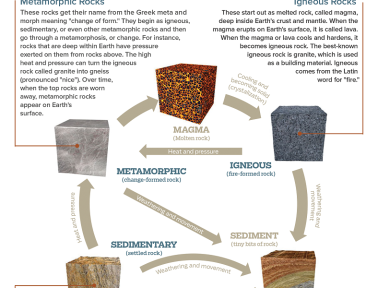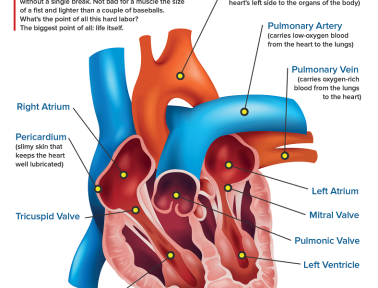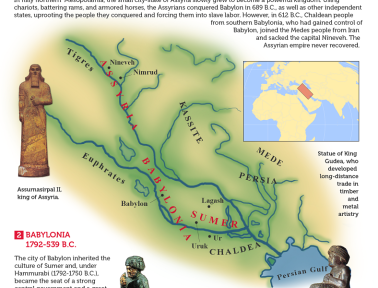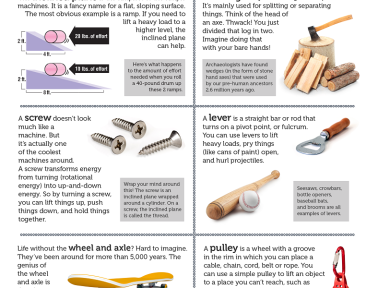I’m taking a little time away to welcome our brand-new child to our household. I hope you appreciate this message from last year!
I am a geek. ( It’s ALRIGHT. While the term could have made me cringe in senior high school, I have because discovered to welcome my nerdiness.)I recently found myself on a short trip with some down time for a little analysis, and also as any type of excellent nerd would, I packed along among my favorite textbooks from grad school. (I recognize, I just admitted to having a preferred textbook.)
I have actually hung on to the 4th version of William Crain’s book, Concepts of Development for the previous years or two. I had heard there was a brand-new 6th version out, and also since I didn’t intend to pay the new edition cost, I decided to acquire a made use of variation of the 5th edition in situation there was anything new. ( Nerd.)
The important things is, Jean Piaget and my old friend Lev haven’t had anything brand-new to say for a few decades.
Nonetheless, as I skimmed my “brand-new” 5th version, contrasting it to my old 4th edition, I came across a quote in the epilogue that I hadn’t noticed prior to. The statement hit on my core ideas around early childhood education and learning.
It comes as Crain discusses the limitations that come with the advancements of innovation. He composes:
” The computer system screen presents just signs– words, images, numbers and charts. The kid is exposed to a large amount of info, but the kid gets it on a simply secondhand, mental degree. What does it imply to discover biology strictly from words, pictures, and also various other signs, without very first having abundant, individual experience with plant and also pet life? Or to discover principles of physics– concepts such as rate, pressure, and also equilibrium– without great deals of experience throwing, working, alternating, and climbing? The kid finds out icons, but without the individual, bodily, sensory experiences that make the symbols purposeful. The threat is that the kid that is learning a large amount for the first time at the computer system terminal is discovering at as well analytical a level. The youngster is ending up being an incorporeal mind.”
I was so struck by that last phrase, “incorporeal mind”. It really felt real, not simply in application to computers, however in numerous strategies to education and learning. Too often the mistake is made, to see the vessel as a disembodied mind and to merely try to fill it with info.
In truth the mind is not only housed in a physical body, however its functions relate to a whole kid, whose developmental requirements extend beyond the cognitive and academic and include the physical as well as the social, emotional, and creative elements of a whole as well as healthy and balanced kid.
And also these differed parts are interwoven as if the entire is greater than the sum of its parts. Acknowledging the connection between the developing facets of the whole kid is a lot more efficient than attempting to teach as well as train one area in isolation.
When I asked Joye Newman, Supervisor of Kids Relocating Company, concerning her thoughts on Crain’s quote, she referred to a passage in the book she co-wrote with Carol Kranowitz called Expanding an In-Sync Youngster:
” As we walk along the river one springtime day, we see a six-year-old hurdle a pool and a 12-year-old balancing on a dropped tree trunk. We know that these kids are reinforcing their bodies and brains– a lot more than a lot of their peers that are inside your home staring at a video clip screen or being pierced with flash cards. Such relatively typical experiences can, as a matter of fact, be the foundation for ideal physical, academic, social, and emotional development.
As teachers, we worry that we see so few youngsters having these truly crucial activity journeys. On this stunning day, as we walk, we discuss exactly how leaping over a pool enhances math skills, just how steering a baby stroller prepares a kid for handwriting, and how strolling throughout a tree trunk enhances visual skills. We concur that sensory and also electric motor experiences are critical for kids’s advancement as well as knowing.
However, many moms and dads as well as teachers believe that the earlier a youngster finds out to review and also create, the much better off he will be. Therefore, they give video and also computer programs, paper as well as pencil video games, as well as other sedentary tasks, hoping to create the youngster’s academic skills. Moms and dads and also teachers might not understand that for the young child, a walk along the river is a lot more developmentally and also academically suitable use of the kid’s time.”
In a terrific paradox, teachers and also parents are finding that their initiatives to enhance youth to “get ahead” are really disadvantageous to the manner in which children genuinely learn. The experiences as well as explorations that may be watched by some as unneeded, are actually the foundation genuine, purposeful understanding. And also without that foundation, shallow learning starts to fall apart.
So decrease.Give youngsters the time as well as area to discover, to be active, and also to play within the context of discovering. It remains in accepting as well as nourishing the entire child that we develop the links essential for the mind and body– as well as the heart and also the spirit– to absolutely flourish.










